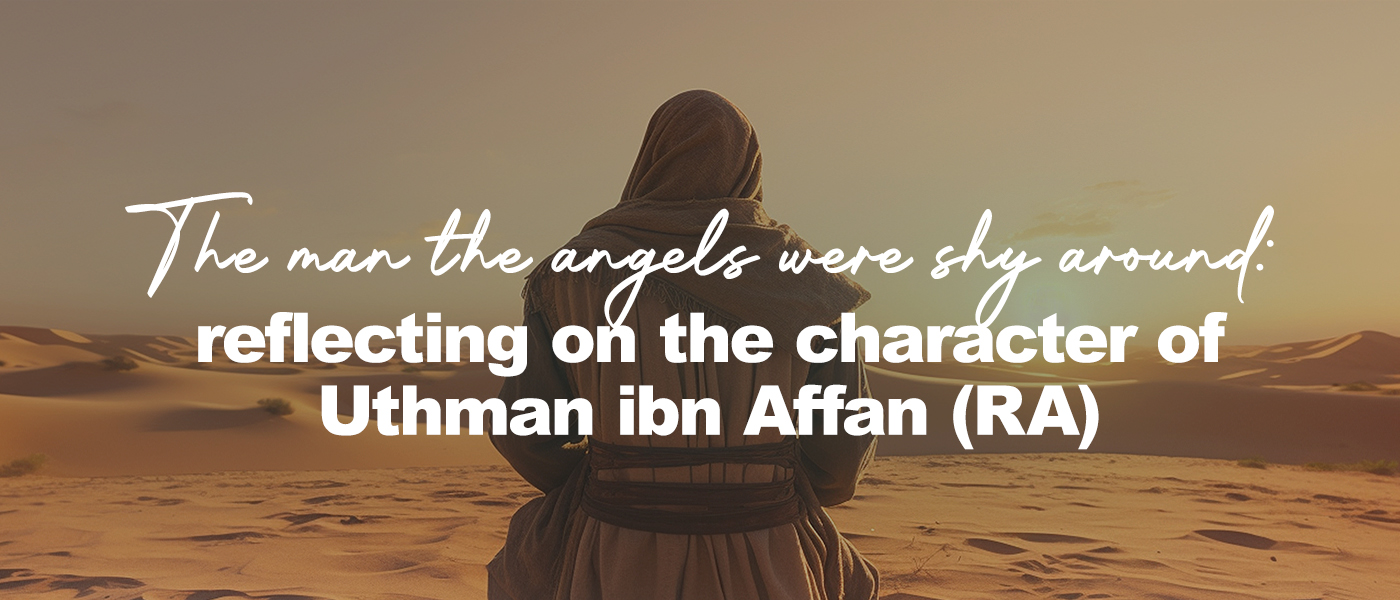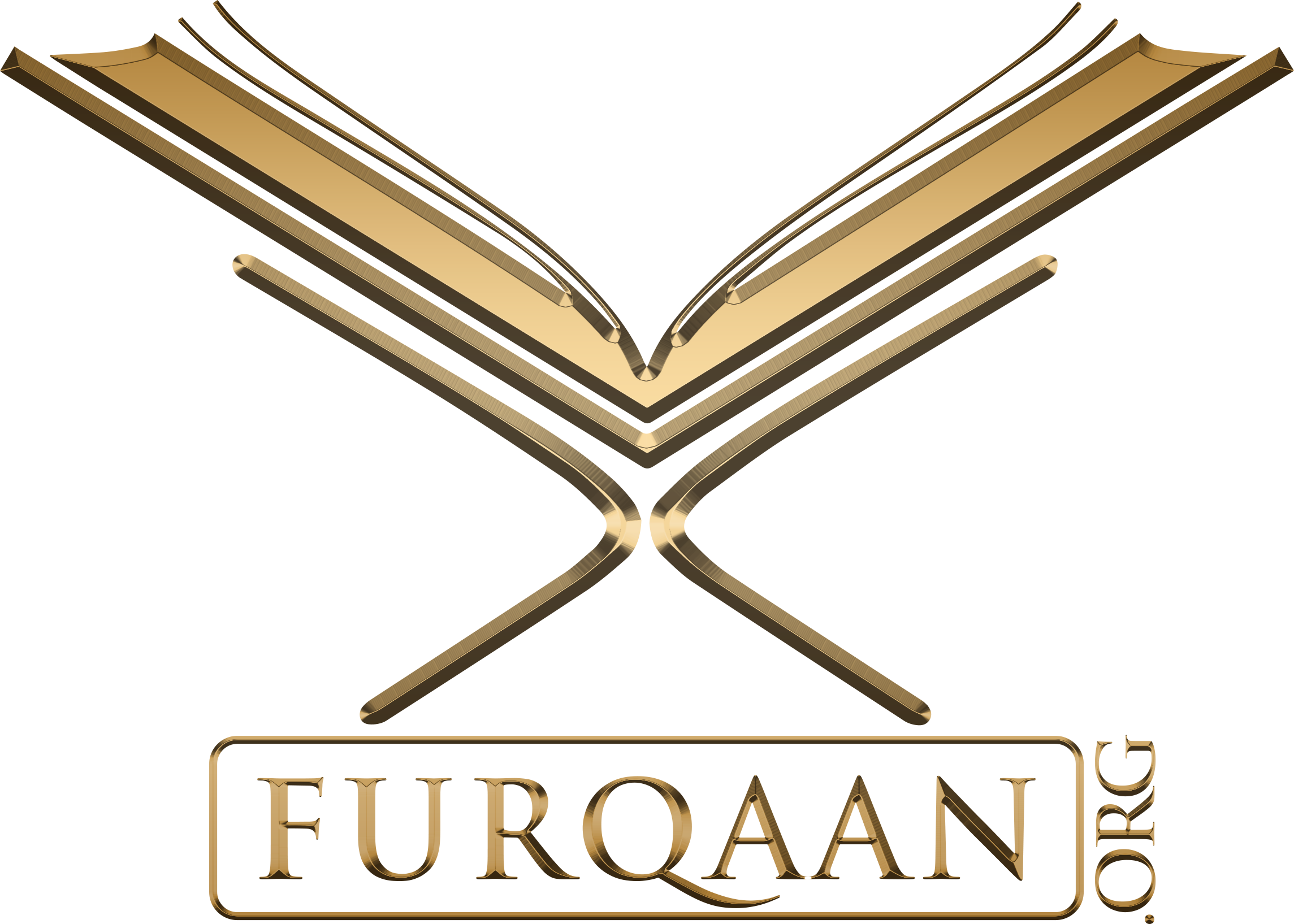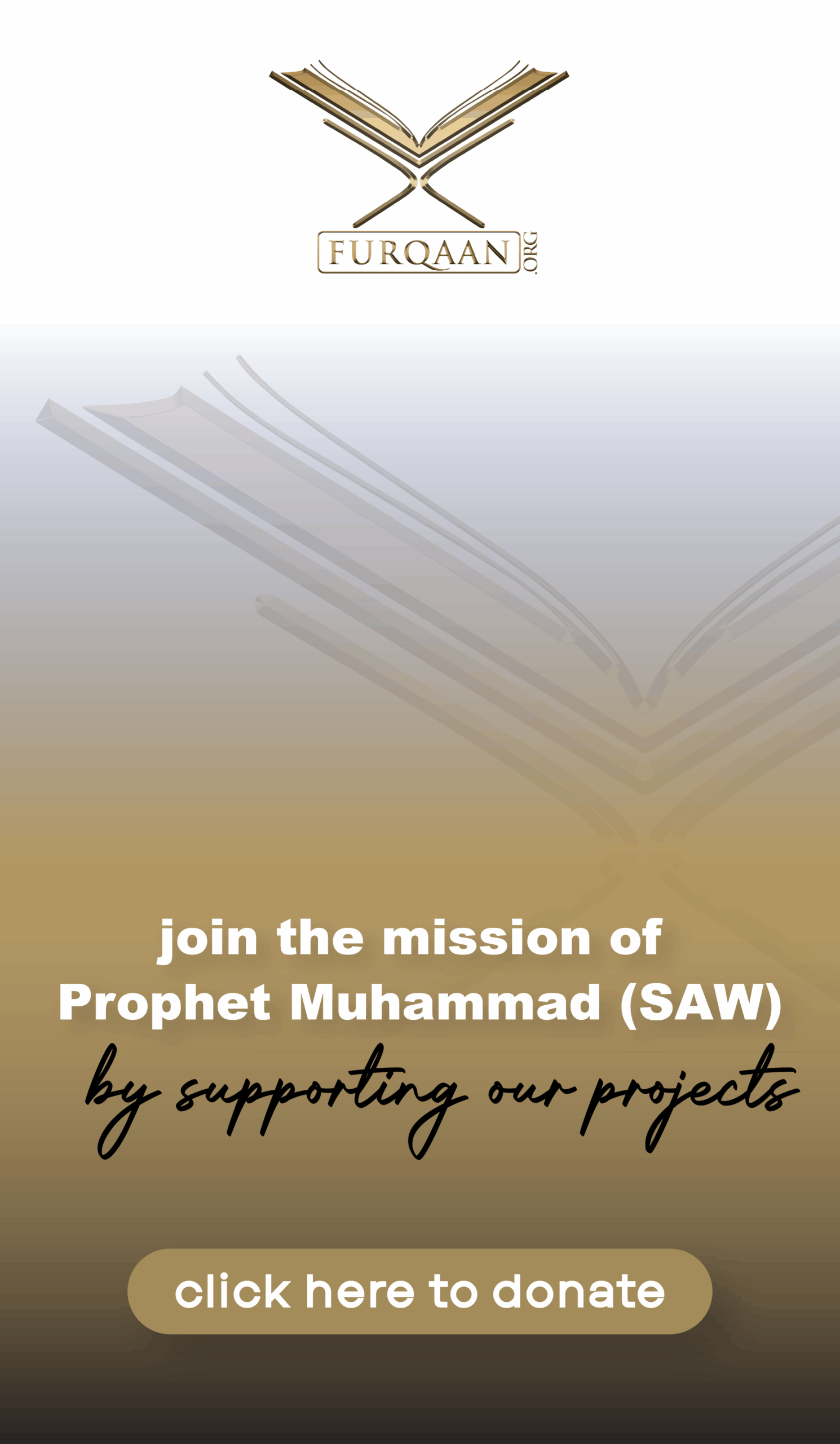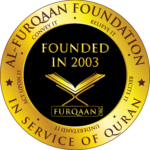
Uthman ibn Affan (RA) may not have been the most outspoken or commanding figure among the companions, but his quiet strength, deep faith, and generosity left a lasting imprint on the history of Islam. He was a man who led not through force, but through character, and he was known for his modesty, his love for The Quran, and his willingness to give everything he had for the sake of Allah (SWT). His life offers something relatable to all of us whether young or old, and that is a reminder that true leadership begins with sincerity and ends with sacrifice.
Early life and his acceptance of Islam
Uthman ibn Affan (RA) was born into the noble Umayyad clan of the Quraysh, one of the wealthiest and most respected families in Makkah. His upbringing was marked by refinement, literacy, and commerce. Even before accepting Islam, Uthman ibn Affan (RA) was known for his honesty, his generosity, and his pure character. He was among the rare Arabs of the time who could read and write, a skill that would later play a pivotal role in the preservation of The Quran.
When the Prophet Muhammad (SAW) began to call people to Islam, Uthman ibn Affan (RA) did not hesitate. He embraced the message early, becoming one of the first ten to accept Islam through the efforts of his close friend Abu Bakr as-Siddiq (RA). Despite being wealthy and influential, Uthman ibn Affan (RA) chose to leave behind the ease of his privileged life for the truth of Islam. He faced the backlash of his tribe and family with quiet resolve.
He was also among the few companions who participated in both migrations — first to Abyssinia with his wife Lady Ruqayyah bint Muhammad (RA), and later to Madinah. This dual migration is a mark of his early and enduring commitment to the faith.
Marriage to the daughters of the Prophet (SAW)
One of the unique honors of Uthman ibn Affan (RA) was his marriage to Lady Ruqayyah bint Muhammad (RA), the daughter of the Prophet (SAW). When she passed away, the Prophet (SAW) offered him his other daughter, Lady Umm Kulthum bint Muhammad (RA), in marriage. For this reason, Uthman ibn Affan (RA) is known as “Dhu al-Nurayn” — the Possessor of Two Lights. No other man in history has been married to two daughters of a prophet, which itself speaks to his closeness and trustworthiness in the eyes of Rasulullah (SAW).
Modesty and generosity
Uthman ibn Affan (RA) was a man of great haya (modesty), a trait so profound that even the angels respected it. The Prophet (SAW) once said,
“Should I not feel shy of a man before whom the angels feel shy?” (Sahih Muslim)

He was also among the most generous companions. During the Tabuk expedition, when the Muslims were in dire need of resources, Uthman ibn Affan (RA) provided 300 camels, along with gold and silver. The Prophet (SAW) responded by saying,
“Nothing Uthman does after today can harm him.” (Jami‘ al-Tirmidhi)

This wasn’t a one-time act. Uthman ibn Affan (RA) also bought and donated the famous well Bi’r Rumah in Madinah so that Muslims could have free access to clean water.
Participation in early battles
Although Uthman ibn Affan (RA) missed the Battle of Badr due to caring for his ill wife Lady Ruqayyah bint Muhammad (RA), the Prophet (SAW) assured him:
“You [Uthman] will receive the same reward and share (of the booty) as anyone of those who participated in the battle of Badr.” (Sahih al-Bukhari)

He later participated in other key battles such as Uhud and the Battle of the Trench. During the campaigns of Ghatafan and Dhat al-Riqa, the Prophet (SAW) entrusted Uthman ibn Affan (RA) with the leadership of Madinah in his absence — a sign of deep trust.
The caliphate of Uthman ibn Affan (RA)
After the passing of Umar ibn al-Khattab (RA), Uthman ibn Affan (RA) was chosen as the third caliph of Islam. His caliphate lasted 12 years — the longest among the Rightly Guided Caliphs. The first six years were marked by growth, peace, and expansion. Islam spread into North Africa, Persia, and deeper into the Byzantine territories.
Expansion of the Islamic Empire
Under Uthman ibn Affan’s (RA) leadership, the Muslim world saw unprecedented territorial growth:
- North Africa: Muslim forces advanced into Tripoli and Tunisia (Ifriqiya), laying the groundwork for future expansion into the Maghreb.
- Persia and Central Asia: The final remnants of the Sasanian Empire were subdued, including regions like Khorasan and Transoxiana.
- Naval Power: Uthman ibn Affan (RA) authorized the creation of the first Muslim navy, leading to the historic Battle of the Masts (655 CE), a major victory against the Byzantines off the coast of Lycia.
Administrative Reforms
Uthman ibn Affan (RA) introduced several key reforms to manage the rapidly expanding Islamic empire. His leadership was marked by foresight and a sincere desire to unify the Ummah and ensure stability across newly conquered lands.
- Governorships: Uthman ibn Affan (RA) appointed trusted individuals to govern key provinces such as Syria, Egypt, Kufa, and Basra.
- Land Grants and Economic Policy: As the empire grew, Uthman ibn Affan (RA) implemented a system of land distribution to reward military service and stabilize frontier regions. He also oversaw the management of public funds and ensured that the spoils of conquest were used to benefit the Muslim community. His policies helped maintain economic growth and infrastructure across the caliphate.
- Centralization of Governance: Uthman ibn Affan (RA) sought to streamline administration by centralizing decision-making and standardizing procedures across provinces — necessary for managing a vast and diverse empire.
Standardization of The Quran
Perhaps the most significant contribution of Uthman ibn Affan (RA) during his leadership was the standardization of The Quran. As Islam spread to non-Arab regions, different dialects of Quranic recitation caused confusion. Recognizing the danger, Uthman ibn Affan (RA) formed a committee, led by Zayd ibn Thabit (RA), to compile The Quran into a single, standardized mushaf based on the Qurayshi dialect. He then sent copies to different provinces to protect the Ummah from future disagreement. For this preservation, Uthman ibn Affan (RA) is remembered as the compiler of The Quran, and his efforts continue to impact every Muslim to this day.
Challenges and martyrdom
The latter years of Uthman ibn Affan’s (RA) caliphate were marked by internal strife. A new generation, distant from the Prophet’s (SAW) time, began to emerge – some of whom were influenced by political unrest, tribal rivalries, and personal ambitions. These individuals, lacking the spiritual grounding of the earlier companions, became susceptible to misinformation and agitation. Uthman ibn Affan (RA), with his soft and forbearing nature, chose not to respond with force, fearing the spilling of Muslim blood and the fracturing of the Ummah.
As unrest grew, rebels – many of whom had been misled by forged letters and false accusations – surrounded his home in Madinah. Senior companions, including Ali ibn Abi Talib (RA), Talhah (RA), and Zubair (RA), urged him to take defensive action. Yet Uthman ibn Affan (RA) remained steadfast in his refusal, citing the Prophet’s (SAW) words:
“Perhaps Allah will clothe you with a garment, Uthman, and if the hypocrites demand that you remove it, do not remove it.” (Musnad Ahmad)

He understood this “garment” to be the mantle of leadership, and he chose to honor the Prophet’s (SAW) guidance even at the cost of his life.
Prophet Muhammad (SAW), in his lifetime, explicitly named ten companions who were promised Paradise in a single hadith. They were called the Ashara Mubashshara – The Ten Given Glad Tidings of Paradise:
“Abu Bakr is in Paradise, Umar is in Paradise, Uthman is in Paradise, Ali is in Paradise, Talhah is in Paradise, Az-Zubair is in Paradise, Abdur-Rahman ibn Awf is in Paradise, Sa’d ibn Abi Waqqas is in Paradise, Sa’id ibn Zayd is in Paradise, and Abu Ubaidah ibn al-Jarrah is in Paradise.” (Jami‘ al-Tirmidhi)

In the final days of the siege, Uthman ibn Affan (RA) was denied access to water from the public well – ironically, the very well he had purchased and donated for the Muslims years earlier. Despite this cruelty, he remained patient, fasting and spending his time in worship and recitation of The Quran.
On the 18th day of Dhul Hijjah, 35 AH, while fasting and seated in his home, Uthman ibn Affan (RA) opened The Quran and began to recite. It was then that the rebels broke in and struck him. His wife, Na’ilah bint al-Farafisah, tried to shield him and was injured in the process. Uthman ibn Affan (RA) was martyred with The Quran in his hands, and his blood spilled onto the sacred pages – reportedly staining the verse:
“But Allah will spare you their evil. For He is the All-Hearing, All-Knowing.” (The Clear Quran®, 2:137)

This moment became a symbol of his lifelong devotion to The Quran and his unwavering commitment to the unity of the Ummah.
His martyrdom marked the beginning of the first major internal conflict in Islamic history, and scholars regard his death as a tragic loss of a righteous leader who chose principle over power, patience over retaliation, and unity over division.
Legacy and lessons for today
Uthman ibn Affan (RA) was not a warrior or a loud leader. He was a quiet force of good, whose actions still echo in every mushaf read by a believer today. For the youth, his life teaches the power of private sincerity over public display. For the elderly, his calm wisdom and deep trust in Allah (SWT) remind us that dignity in hardship is a mark of true faith. His legacy is a call to humility in leadership, generosity without show, and patience in the face of trials.
Let us remember the words of the Prophet (SAW) when he said,
“The best of my Ummah are my generation, then those who follow them, then those who follow them.” (Sahih al-Bukhari)

Uthman ibn Affan (RA) belonged to that first generation known as the golden generation and was among the Khulafaʾ al-Rashidun. In honoring him, we honor the values that built this Ummah: sincerity, patience, generosity, and service to The Quran.
The legacy of Uthman ibn Affan (RA) is inseparable from The Quran. His most enduring contribution as caliph was ensuring that The Quran was preserved in a clear, standardized form for the entire Ummah. That one act which was done with sincerity, foresight, and love for the Book of Allah (SWT) has safeguarded the integrity of The Quranic text for over 14 centuries. Every mushaf we hold today is, in part, a result of his leadership and sacrifice.
However, the preservation of The Quran is not only a historical event, it is a living responsibility. In every generation, believers are called to uphold this trust – not just in memorization or recitation, but in spreading access to The Quran, making its meanings understood, and helping others connect with it. This is where organizations like Al-Furqaan Foundation play such a vital role.
Their mission to place The Quran in the hands and hearts of people, Muslims and non-Muslims alike, continues the very legacy laid down by Uthman ibn Affan (RA). Whether through free Quran distributions, translations, educational resources, or outreach programs, Al-Furqaan Foundation is helping fulfill an obligation that belongs to all of us. Supporting these efforts isn’t just charity, it’s an investment in the future of Islam, in the faith of our children, and in the guidance of those still searching for the truth.
If Uthman ibn Affan (RA) gave generously to ensure a single well could serve the people of Madinah, what then of giving to a cause that quenches spiritual thirst and opens hearts to the Book of Allah (SWT)? Being in service to The Quran today means supporting those efforts that bring its message to light with sincerity, excellence, and reach.
Dua
May Allah (SWT) be pleased with Uthman ibn Affan (RA). May He (SWT) reward him for every letter of The Quran recited today, for every page turned by a believer, and for every heart that finds guidance through the Book he helped preserve. May his humility, generosity, modesty, and patience be a source of inspiration for us in our own lives, and may we walk the path of sincerity he so quietly embodied.
O Allah (SWT), just as You honored Uthman ibn Affan (RA) with the service of Your Book, grant us the honor of serving The Quran in our time. Make us people of The Quran, those who recite it with reflection, live by its teachings, and share it with others not only through our words, but through our actions and character.
Ya Rabb, let our love for The Quran be deep and enduring. Place its light in our hearts, its wisdom on our tongues, and its guidance in our decisions. Make it a source of peace in our homes and a means of intercession for us on the Day of Judgment.
O Allah (SWT), bless every sincere effort to spread The Quran, especially the work of organizations like Al-Furqaan Foundation. Accept their service, increase their reach, and allow their efforts to be a cause of hidayah (guidance) for countless souls. Let us be among those who support The Quran with our time, our wealth, and our dua.
Ameen!


